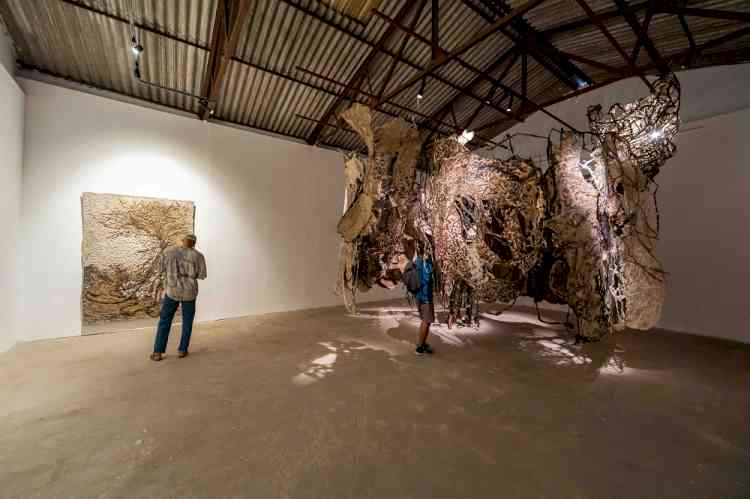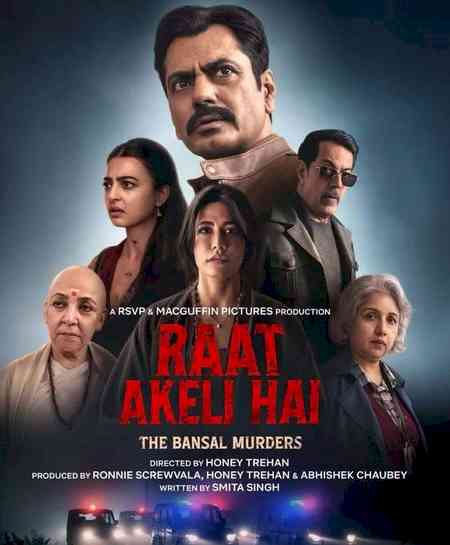WinZO Collaborates with professors of top IITs, Stanford University, and California State University to build a statistical model for determining games of skill
This marks a significant leap in the gaming industry, as the collaborative effort aims to establish transparent and unbiased models for distinguishing game of skill from betting and gambling

Mumbai, January 8, 2024: WinZO, a vernacular skill-gaming platform, has taken a significant leap towards addressing a longstanding challenge in the gaming industry— a transparent, unbiased methodology in distinguishing between games of skill from games of chance. By collaborating with esteemed professors from technology institutions and statistics departments of institutes such as the Indian Institutes of Technology (IIT) Delhi, IIT Kanpur, and IIT Madras, as well as the Stanford University, the California State University, among others, WinZO has established a scientific methodology that can accurately differentiate between gaming activities requiring predominance of skill and those dependent on chance. This innovative initiative has the potential to resolve the crucial issue of skill versus chance, thereby enhancing overall transparency and fairness within the gaming industry. The collaboration with experts from renowned institutions underscores WinZO's commitment to fostering a gaming environment that is not only entertaining but also characterized by safety, accountability, and transparency in the classification of games based on skill and chance.
Recently there have been concerns on the independence of the proposed Self-Regulatory Bodies (SRBs) in India’s online gaming sector in ensuring fair and unbiased assessments. SRBs access to confidential proprietary information of the new-age technology firms is also a potential threat to early stage innovations. This prompted WinZO to work with leading academicians across the world to develop a highly scientific model that can be democratized and applied to any game without requiring access to proprietary data or violating the intellectual property rights of gaming companies to assess any game’s skill level.
The collaborative effort has resulted in the creation of statistical tests utilizing real game data, user behavior of over 100 million users, across billions of game plays, and other relevant factors to determine the prevalence of skill over chance in various games. This pioneering methodology is set to bring clarity to the distinction between skill and chance. The initiative also has the potential to reduce compliance burden for the online gaming sector and resolve regulatory challenges in the era of innovative and evolving business models.
“As a gaming platform that publishes games of over 100 game developers, it was important for us to have a predictable, transparent, and accountable methodology to determine through a scientific methodology if the game is a game of skill. We worked with top statisticians and engineering departments globally to build and validate a method that can be used by any entrepreneur in partnership with these institutions now. By democratizing assessment of games on skill, we aim to empower startups and lower their financial challenges - something we faced during our early years. This marks a significant step forward in our journey to foster a gaming environment characterized by scientific rigor, collaboration, and objectivity," said Paavan Nanda, co-founder of WinZO.
“WinZO's approach to answering industry’s pertinent questions around the validity of their games as skill-based in a scientific and scalable manner has a wider implication for the digital economy in India. This shows initiative from a private entity leveraging data to solve emerging regulatory challenges. The research is based on billions of game plays across millions of users and the methodology can be easily used by even early-stage companies. The collaborative effort with the best minds of the country has enabled us to construct statistical models that bring transparency and fairness to the forefront. By distinguishing skill from chance, we are setting new standards for the industry. The scientific rigor applied and validated through comprehensive statistical tests marks a revolutionary step in gaming,” Dr. Neelesh S Upadhye, Dept of Mathematics, Indian Institute of Technology Madras (IITM).
"WinZO has drafted a scientific study to address industry questions around distinguishing games of skill from games of chance. This comprehensive research represents a pioneering initiative by a private entity, leveraging data and statistics to solve emerging regulatory and sectoral challenges. The research is based on billions of game plays across millions of users. Nevertheless, the methodology is transferable and can be used even by early-stage companies. A collaborative process, involving input from experts in the field, has empowered WinZO to develop a mathematical model that prioritizes transparency and fairness. Through the application of scientific rigor, validated by numerous statistical tests, WinZO is setting industry benchmarks in a groundbreaking advancement in the gaming domain by quantifying preponderance of skill over chance." Dr. Mike Orkin, Professor Emeritus, California State University
WinZO also partnered with the Indian Institute of Technology-Delhi (IIT-D), the Delhi Technological University (DTU), the Netaji Subhash University of Technology (NSUT), and the IIITD to launch its new cyber security programme, Code Health and Security Evaluation (CHASE). The programme aimed to invest in and develop open-source technology and best practices that can be used by businesses, government agencies, and other organizations to protect against cyber actors who exploit product vulnerabilities to steal information, and money, and are developing capabilities to disrupt, destroy, or threaten the delivery of essential services. The online safety initiatives are a response to the growing internet penetration and digital transactions in t2-t5 Bharat.


 City Air News
City Air News 










